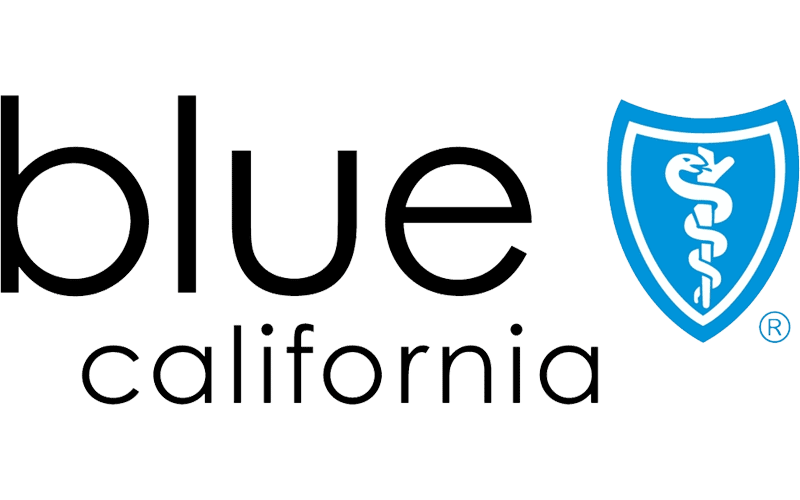Accepted health insurance plans






What is gambling disorder?
Gambling disorder is a recognized mental health condition where gambling becomes difficult to control, even when it causes financial, emotional, or social harm. It often co-occurs with mood, anxiety, or substance use disorders.
With the right treatment, recovery is possible. Psychiatric care can help you regain control, reduce harmful behaviors, and restore balance in your life.
1–2% of adults
meet criteria
A small but significant portion of U.S. adults live with gambling disorder. (NIMH)
Up to 6%
at risk
Many adults experience harmful gambling behaviors that don’t meet full criteria.
3–8% of youth
show warning signs
Problem gambling often begins in adolescence, highlighting the need for early care.
$6–7 billion
annual cost
Problem gambling leads to debt, bankruptcy, and legal issues nationwide. (NCPG)
Treatment options we offer
Psychiatric evaluation & diagnosis
Identify gambling behaviors and assess co-occurring conditions.
Medication management
Treatment for anxiety, depression, or impulse control issues.
Therapy referrals or combined care
Referrals to CBT, motivational therapy, and relapse prevention.
Telehealth services
Receive expert care from the comfort of home.
Why choose us for gambling disorder treatment
Board-certified psychiatrists and psychologists
Experts in treating gambling disorder and related conditions.
Personalized, evidence-based plans
Care tailored to gambling recovery and mental health needs.
Confidential and compassionate care
No judgment—just understanding, care, and expert treatment.
We accept most major insurance plans
Aetna, Magellan, Cigna, Blue Shield, MHN, Healthnet.
7 signs of gambling disorder you shouldn’t ignore
Gambling can start as a harmless activity, but for some, it becomes a way to cope with stress or escape problems. Over time, these behaviors can damage finances, relationships, and emotional health.
Here are 7 signs of gambling disorder you shouldn’t ignore—especially if they’ve been affecting you for weeks or months.
1Inability to cut back or stop You’ve tried to limit or quit gambling, but the urge keeps returning despite serious consequences.
2Preoccupation with gambling You constantly think about past bets, plan future ones, or spend time reliving gambling experiences.
3Gambling to escape problems You gamble to relieve stress, anxiety, or depression—using it as an emotional escape.
4Lying about gambling habits You hide or minimize your gambling from friends or family to avoid judgment or conflict.
5Financial or legal problems Debts, borrowing money, or legal issues are piling up as a result of gambling losses.
6Restlessness when cutting back When you try to stop, you feel irritable, restless, or on edge—like withdrawal symptoms.
7Worrying you may have a problem If you’ve started questioning whether gambling is an issue, that concern alone is important to take seriously.
When to reach out for help
If gambling is starting to affect your finances, relationships, or peace of mind, you don’t have to face it alone. Baywell’s board-certified psychiatrists provide confidential evaluations, medication support, and therapy referrals to help you regain control. Support is here—without judgment.
Questions or concerns?
If you need help, please call our office at 415-922-9122 and our receptionists will assist you. Zoom’s FAQ page may also help to answer some of your questions.
Zoom HIPAA compliance
The Zoom software used by Baywell is HIPAA compliant to protect your privacy and security in accordance with federal laws. We encourage our patients to review Zoom’s HIPAA compliance datasheet for more information.
Start managing gambling today
You deserve support that helps you regain control. Our team offers confidential, compassionate care to guide your recovery.
Call 415-922-9122 to get connected with a Baywell provider.
